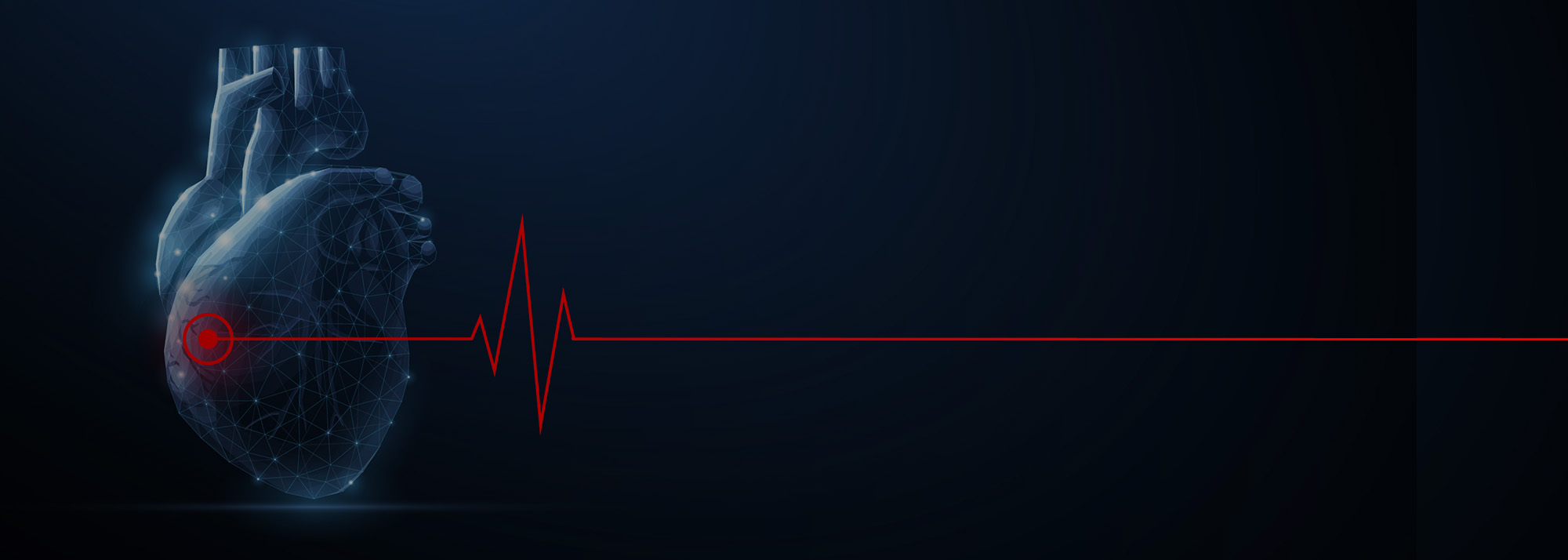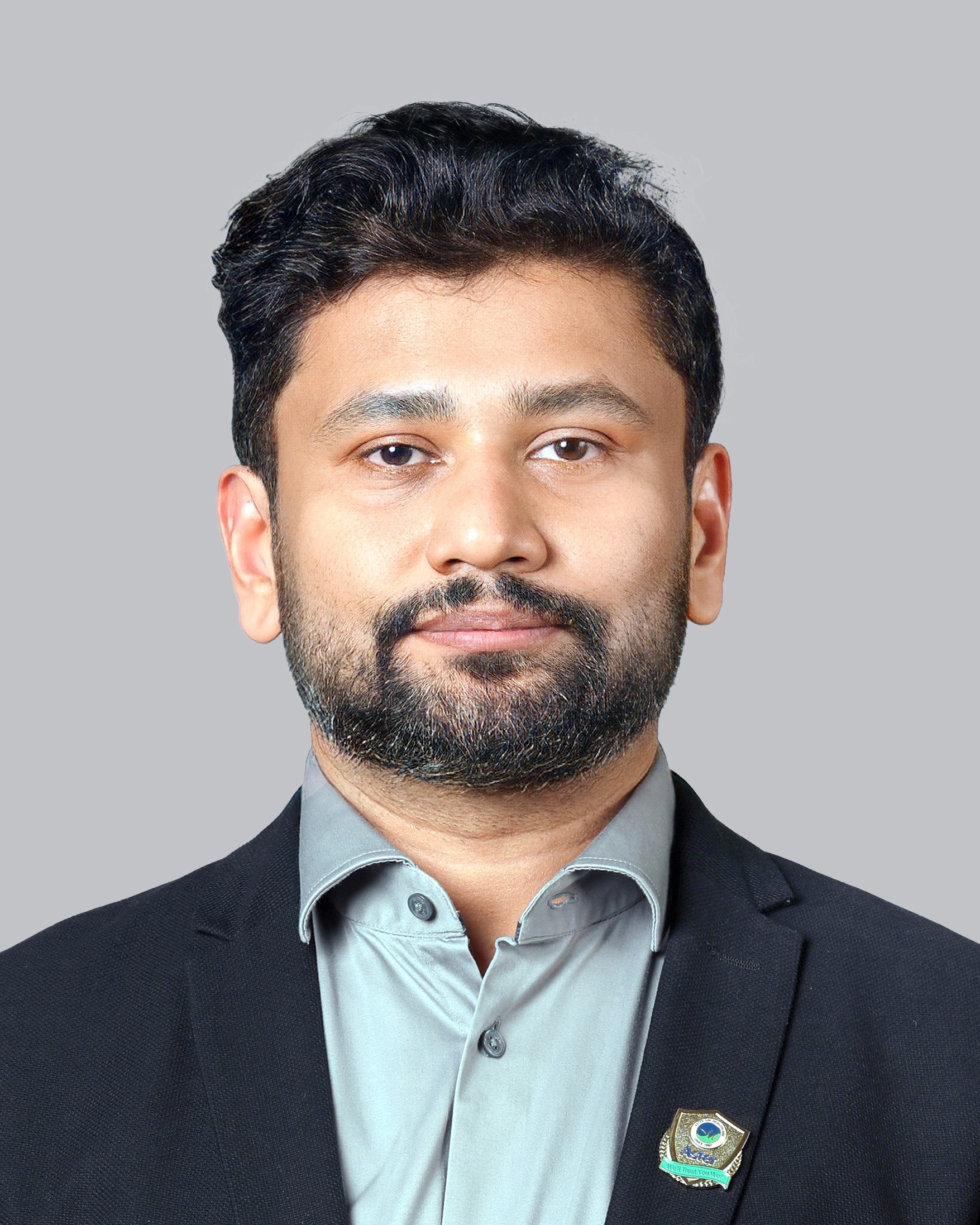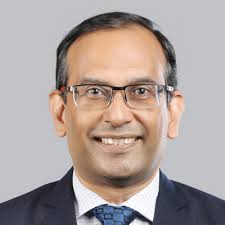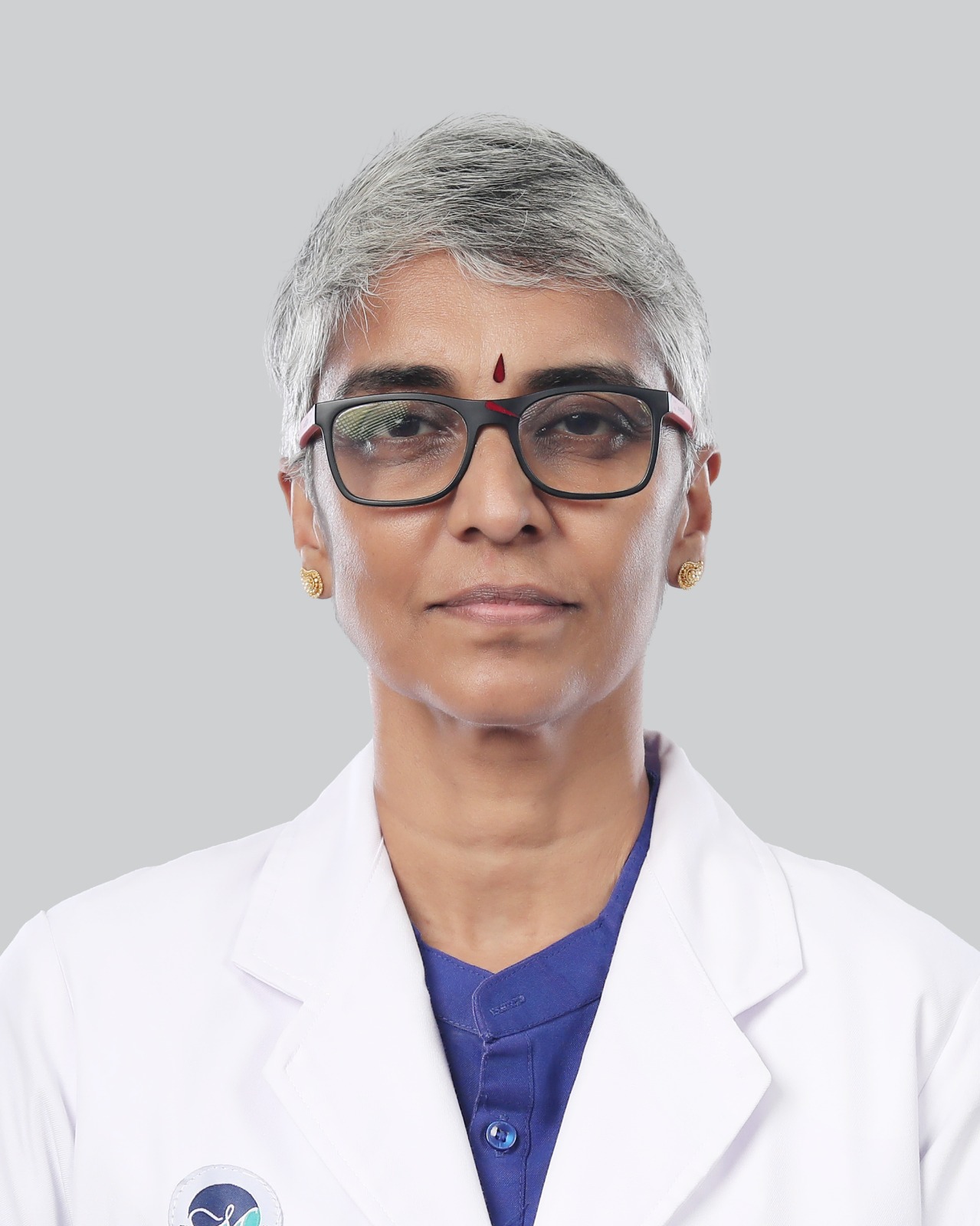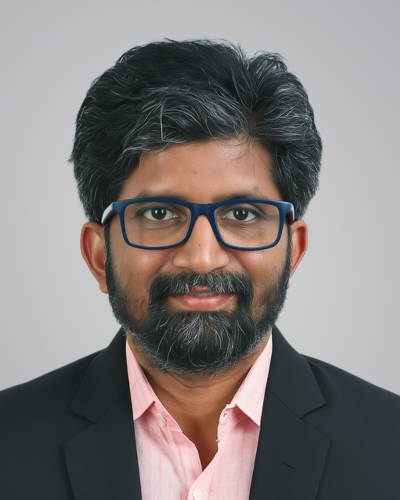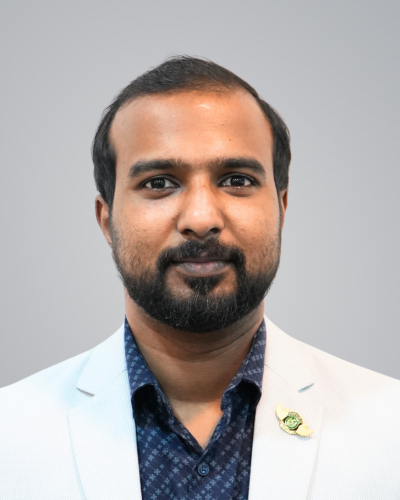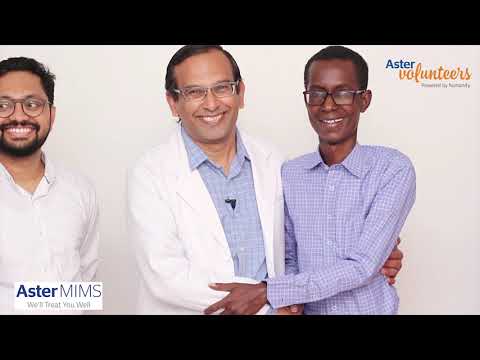The Cardiothoracic and Vascular Surgical team in Aster MIMS has the right blend of skill and experience to perform almost the whole range of Surgical procedures in the specialty.
The team is available round the clock and has dedicated operation theatres accompanying team of technical support staff. This makes the care of the patient undergoing Cardiothoracic surgical procedures better and hence the outcomes are superior.
Patient Stories
Our patients are our best advocates, hear the inspiring stories of their treatment journey
